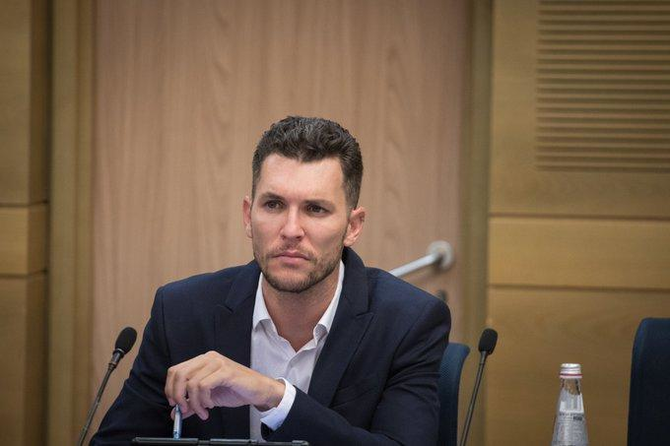.The draft deal has had a mostly warm preliminary reception by the Israeli and Lebanese governments
Israel’s top cabinet ministers on Thursday will discuss a prospective US-mediated border demarcation deal with Lebanon addressing a disputed Mediterranean gas field, but were unlikely to take a final vote, Israeli officials said.
The draft deal, which has not been made public, has had a mostly warm preliminary reception by the Israeli and Lebanese governments. But there has also been domestic opposition in both countries, which are technically at war.
Deputy Foreign Minister Idan Roll said Israel’s security cabinet would meet at 4 p.m. (1300 GMT) to discuss the draft.
“The main points of the deal, and the matters we support, will be presented to it,” Roll told Ynet TV, adding that a discussion in the full cabinet, and a parliamentary review at an as-yet undecided level of the Knesset assembly, would follow.
With centrist Israeli Prime Minister Yair Lapid serving in a caretaker capacity ahead of a Nov. 1 election, the political opposition has demanded Knesset ratification for the deal.
Lapid’s main rival, conservative ex-Prime Minister Benjamin Netanyahu, argues that the deal could surrender Israeli maritime rights and benefit the enemy Lebanese Hezbollah movement. The Lapid government insists Israel’s security will be safeguarded.
Beirut, meanwhile, has balked at Lapid’s assertion that Israel will be paid partial royalties from future Lebanese exploration in the Qana gas prospect. A Lebanese ex-negotiator and some opposition lawmakers have argued that the proposed border demarcation skews too far north, thus favoring Israel.
Israeli security cabinet minister Hili Tropper said Thursday’s forum would receive Lebanese caveats and revision requests through US mediator Amos Hochstein.
“We will discuss them, and if they are significant, I am convinced that we will not accept this deal,” Tropper told Ynet.
Asked if the deal might go through before Israel’s election — a likely boon for Lapid’s campaign — Tropper said: “I can’t answer that. Our goal is to get it done as quickly as possible.”
Clocks are also ticking in Lebanon, which is keen for any sign of relief from a spiralling economic crisis and whose president, Michel Aoun, wants to seal the maritime deal before he steps down at month’s end, according to political sources.

